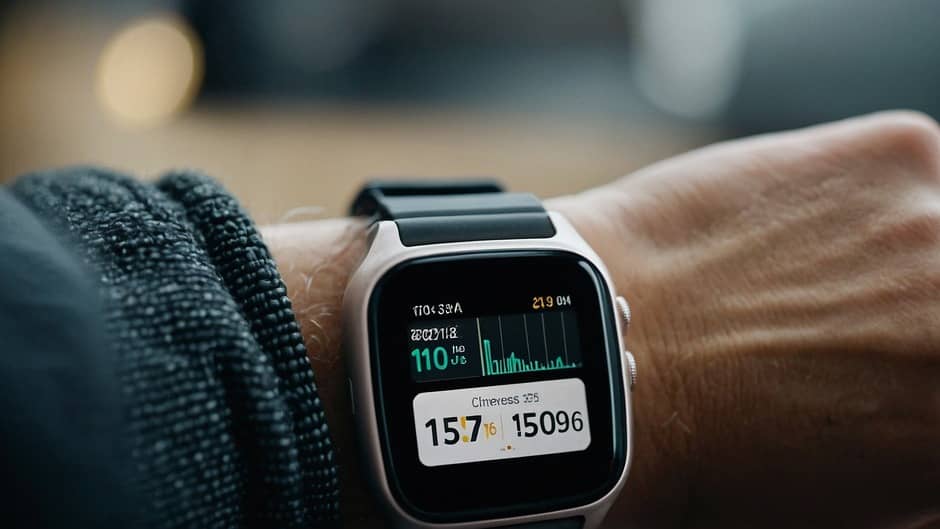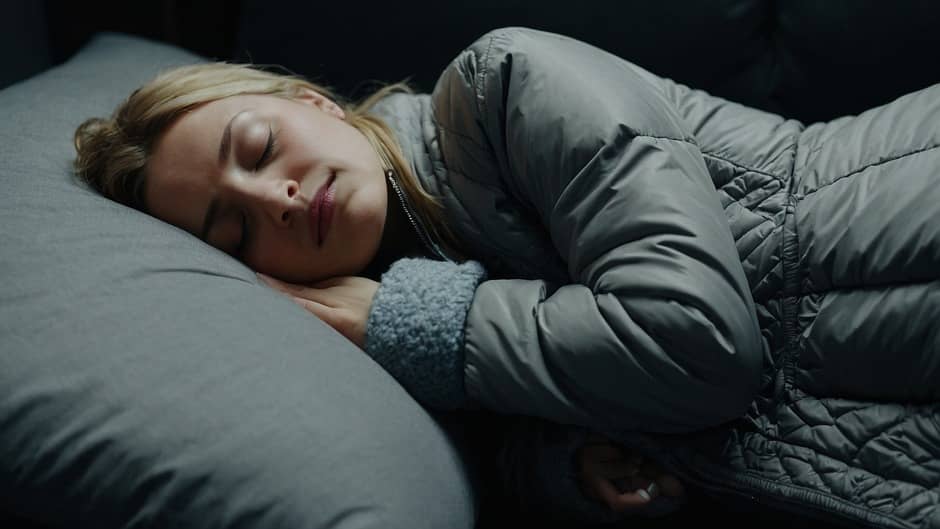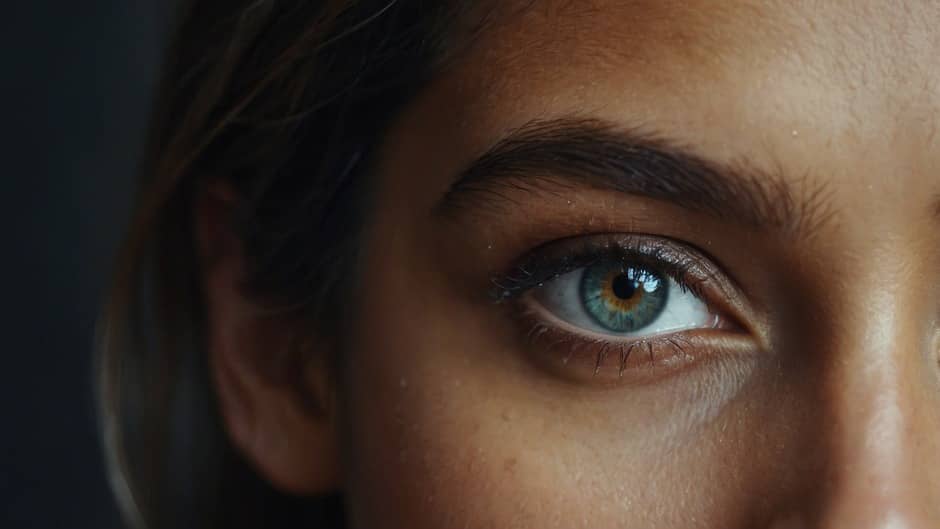Table of Contents
- Are We Really Being “Social” on Social Media?
- Screen Time Is Stealing Our Time—And Our Steps!
- Less Physical Activity Means. . . Less Testosterone?
- How Can We Get Back on Track?
- Why Does Social Media Make Us Less Socially Active?
- School
- College
- Friends
- Culture
- Relationships
- Aggression
Are We Really Being “Social” on Social Media?
We should be, well, social with a call like social media, right?
However, it appears that dating online would probably prevent us from dating in person. It appears as though we are exchanging real interactions and meetings for likes, comments, and direct messages.
The worst part is that many parents report feeling more alone than ever before, even though they have online relatives who are tied to hundreds or even thousands of people.
Let’s find out does social media make people less socially active?
Consider this: when was the last time you called a friend just to chat rather than sending them a quick text message or emoji?
Social media might make us believe we are related even though our relationships are really digital. It’s similar to having a million friends, but only a handful of true friends that you can interact with in person.
Screen Time Is Stealing Our Time—And Our Steps!
Let’s now talk about the approximate display time.
That tablet, laptop, or phone for your hands?
It’s robbing you of time! And not just your time anymore—your footsteps as well. Yes, we move far less the more hours we spend glued to our displays. Do you recall when we used to go outside to play, run, or just go for a walk?
These days, instead of riding bikes or kicking football balls about, many of us spend time with our online friends and followers. While catching up virtually is fantastic, we’re losing out on fresh air, sunlight, and physical activity.
Furthermore, it is now more than just physical activity—it is also mental.
Our minds become so fixated on the fleeting dopamine surges (that small thrill you get when someone likes your post) that we fail to appreciate the simple pleasures in life. Have you ever tried to just be present in the moment without constantly checking your phone?
Strange at first, isn’t that right?
Also Read – How Do You Treat Joint Pain? – Sharp Pain In Knee After Exercise (2024)
Less Physical Activity Means. . . Less Testosterone?
Alright, this is something you might not have anticipated.
You understand how exercise, especially physical activities like lifting weights, running, or perhaps watching sports, helps us keep our bodies in check?
What if I told you that spending all day in one position could potentially interfere with your testosterone levels?
Although testosterone is best known for its role in men’s muscle growth and strength, it is actually a very important hormone for both men and women. And what’s the wager?
Our bodies start to tell us, “Well, I bet we don’t want that much testosterone,” while we are immobile. In general, your body generates less testosterone the less active you are.
And which may result in feeling lethargic, worn out, or even considerably less motivated to get back up and going.
It’s like a vicious cycle: more time spent on display, far less exercise, lower testosterone, and then all of a sudden, you have even less energy to do something exciting.
Although it could be challenging to get out of this negative spiral, the great news is that we can extrade it!
How Can We Get Back on Track?
What then are our options? Finding stability is important, but I’m not saying you should give up your phone, telecell, and cross the forest (unless that’s what you’re into). Here are some ideas to keep things in perspective:
- Limit screen time – Decide how long you want to scroll, then give it some time. I promise you, that screen has an international outside.
- Get moving – Take a stroll, work out, or engage in sports. Your body will appreciate it, as will your testosterone.
- Connect in real life – Make a call, grab coffee with a friend, or just have a conversation in person. Emojis are never as good as real talks.
- Take screen breaks – Attempt to switch off for a bit, especially before going to bed. It will help you de-stress, and you might even sleep better in theory!

Why Does Social Media Make Us Less Socially Active?
Now, let’s talk about something that most of us are familiar with: social media.
We adore it, am I right?
It seems like there are always funny memes, cute videos of domestic dogs, and the occasional “Look at my lunch!” post on Instagram, TikTok, Snapchat, and other social media platforms.
The funny thing is that, in all of our emoji answering, double-tapping, and scrolling, it appears that we are becoming less social in the real world. You know, in person, the way people used to loiter around in the past during the day.
Strange, huh?
What then causes this to occur?
Why is it that social media, which is supposed to bring us together, actually causes us to be less socially engaged?
Let’s inflict damage.
School
Organizational initiatives were, well, kind of bothersome when I was in school.
At the very least, though, you had to actually meet your peers, sit down together, and attempt to work as a team when painting.
Right now?
Why convene when our WhatsApp group is still in its infancy?
Someone at your company might be typing “I’ll do it later” while binge-watching an entire Netflix series. And before you know it, you’re filing a partially completed project when nobody is looking at you.
It seems as though we are all on chat together, yet we are in fact no longer together at all.
Because we can continuously send out messages on social media, it is remarkably easy to avoid having genuine discussions or meet-ups. However, nothing beats the classic face-to-face exchange, where you can definitely see someone’s reaction as opposed to a message that is “seen. “
College
You would think that college is the best place to meet tons of new people, wouldn’t you?
However, social media was given the ability to make us feel connected to people without ever needing to satisfy them.
It’s as simple as watching someone else’s Instagram and getting noticed in return! Quick friendship, sort of? But what happens when you cross paths with that man or lady on campus?
Oh no. Should I greet them?
Do they not even remember me? Look down at your phone quickly!
Yes, for many of us, it truly is the new form of “social interaction. “Social media creates this weird space for solace where we can keep things casual online but get really uneasy with other people.
It’s easy to like someone else’s submission, but making eye contact? That covers a few advanced topics.
Also Read – Elevate Your Life With A Purposeful System – For You What Is The Purpose Of Life? (2024)
Friends
When was the last time you actually called your friends to arrange plans?
Or even better, show up at their house without warning and shout, “Let’s go!” Ah, those were the best of times.
It’s like, “Hey, I sent you a Snap,” now. Did you fail to notice it?
Our connections are sustained via messaging, Snapchat streaks, and Instagram memories, but here’s the thing: we are no longer actually putting out.
Emojis and memes seem to be replacing handwritten letters in our friendships, almost as if we are becoming pen pals with our friends. Indeed, memes are fantastic, but occasionally it feels like GIFs of dancing cats are gradually replacing real conversations.
Fun, but not quite the private form of interaction these days.
Culture
Delivery of this entire influencer culture has been made possible by social media.
Don’t get me wrong, there are some really great influences.
The problem is that we spend so much time watching what they do that we forget to take care of our own personal life.
We are far more likely to sit down at home and watch someone else’s “What I Eat in a Day” video, thinking, “Wow, she’s so healthy,” than we are to go out with friends.
In the meantime, we’re just sort of staring while we’re sitting there with a bag of chips, feeling like we’re a part of their lives. It feels as though we are living through other people, and as a result, we are no longer fully engaging in social interactions.
Relationships
Dating used to be this terrifying activity where you had to approach people and have a conversation with them. It sounds scary.
However, right now?
Oh, just give it a swipe! Although social media and dating apps have made it easier to meet people, they have also made it easier to avoid making real connections.
After conversing with someone for a while, you realize you should just. . . ghost them. Or even worse, you just keep swiping because, well, there are always other people around, right?
It seems as though we are losing the ability to truly comprehend someone.
We’re constantly wondering what else is out there rather than investing time in a single relationship because, thanks to social media, it appears like there are an unlimited number of individuals available.
But that makes it far more difficult to build meaningful, long-lasting connections.
Aggression
Lastly, let’s talk about how social media can occasionally highlight the. . . less than ideal aspects of people.
Have you ever noticed how easy it is for someone to get really competitive over the internet? They’re speaking about things they would never dare to bring up in person while texting furiously in ALL CAPS.
It seems as though social media provides people with a shield of anonymity, which they find strong enough to start debates about, say, pizza toppings or pineapple. In real life, we would probably just agree to disagree and move on.
However, people are ready to fight to the death online—over pizza toppings! Furthermore, this behavior doesn’t exactly encourage positive social connections, does it?
Read us on Medium.




